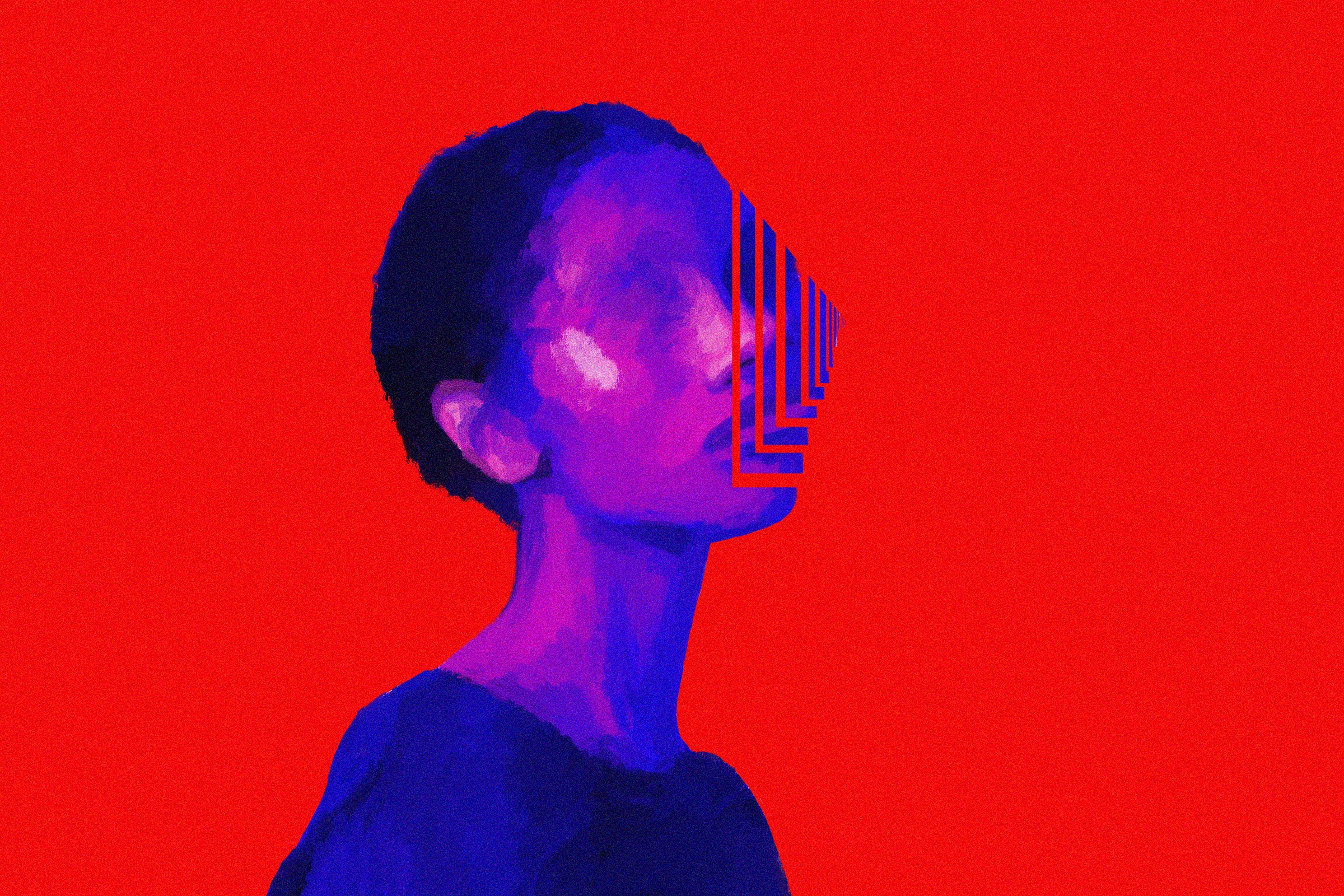My name is of Telugu origin, and it’s not particularly common. To top it all, it isn’t pronounced the way it is spelt. My name is pronounced ‘Ñ-nah-vi’ and spelt ‘Gnanavi’.
Over the years, I have had to endure having my name butchered continuously. My school had students who spoke different languages. They could not pronounce my name, and many would call me ‘Gnanvi’. One’s teenage years are already awkward enough, and the constant embarrassment of having my name mispronounced all the time made me hate my name.
When it came to college, I moved to North India. It was a new beginning, so I adopted the simpler, tried and tested version ‘Gnanvi’. I internalised the idea that this was the name I genuinely liked and loved; that it was more “stylised”, more “acceptable”.
Nevertheless, the mispronunciation did not end. People would “correct” the spelling into a North Indian version of the name by adding a ‘y’ – ‘Gyanvi’. It came to a point where I even started wondering about whether my parents had actually misspelt my name.
For the first few months, when professors and students would mispronounce it, I would correct them – multiple times.
During roll call, if there was a pause, I would assume that it was my turn and would call out my name myself so that I did not have to hear it mispronounced yet again. This amused a few classmates, but it made me feel left out. I would get anxious when I had to repeat my name at Starbucks, and started giving the names of my friends or sister.
People I did not know well would give me a nickname I did not ask for because my name was ‘too hard to pronounce’. To rename another person and take away something integral to their identity reinforces feelings of otherness. Gradually, I got tired. I did not want to correct people – mostly out of embarrassment, but largely just to avoid the awkwardness of it all.
I started accepting whatever variation of my name was used that day. It felt like I had given up a part of my identity. The constant mispronunciation created shame in me over my own culture and language. I started disassociating myself from my real name and the roots it came from. I continued going by ‘Gnanvi’ for four years at my university.
I felt excluded when people would try to justify their inability to pronounce it. It felt disrespectful that people could not take even one small moment to learn it. When someone would make an effort, I would get excited even though it was just basic human decency.
My problem is not with those who mispronounce it – even I mispronounce names. My issue is with those who do not make an effort to correctly pronounce it even after being told how to.
The pandemic gave me time to introspect, and it gave me time to read more about racism. I realised, after four years, that what I was doing to my name and in the process to myself was very harmful. My name is my identity, and by allowing people to mispronounce it, I was stripping myself of that identity. I was manipulating my name and thereby manipulating my identity to fit a normative reality.
I realised that I needed to reclaim my culture that I needed to reclaim my name for that. Recently, I told my friends that I would like to be called ‘Gnanavi’.
Slowly and surely, I have been trying to heal myself.
Slowly and surely, I am falling in love with my real name.
My bit of advice to anyone reading this is: when you are uncertain about how to pronounce someone’s name, ask them politely and listen. That person will appreciate it more than you know.
Gnanavi Gummadi is a final year student at Jindal Global Law School, Sonepat.
Featured image credit: Pariplab Chakraborty

